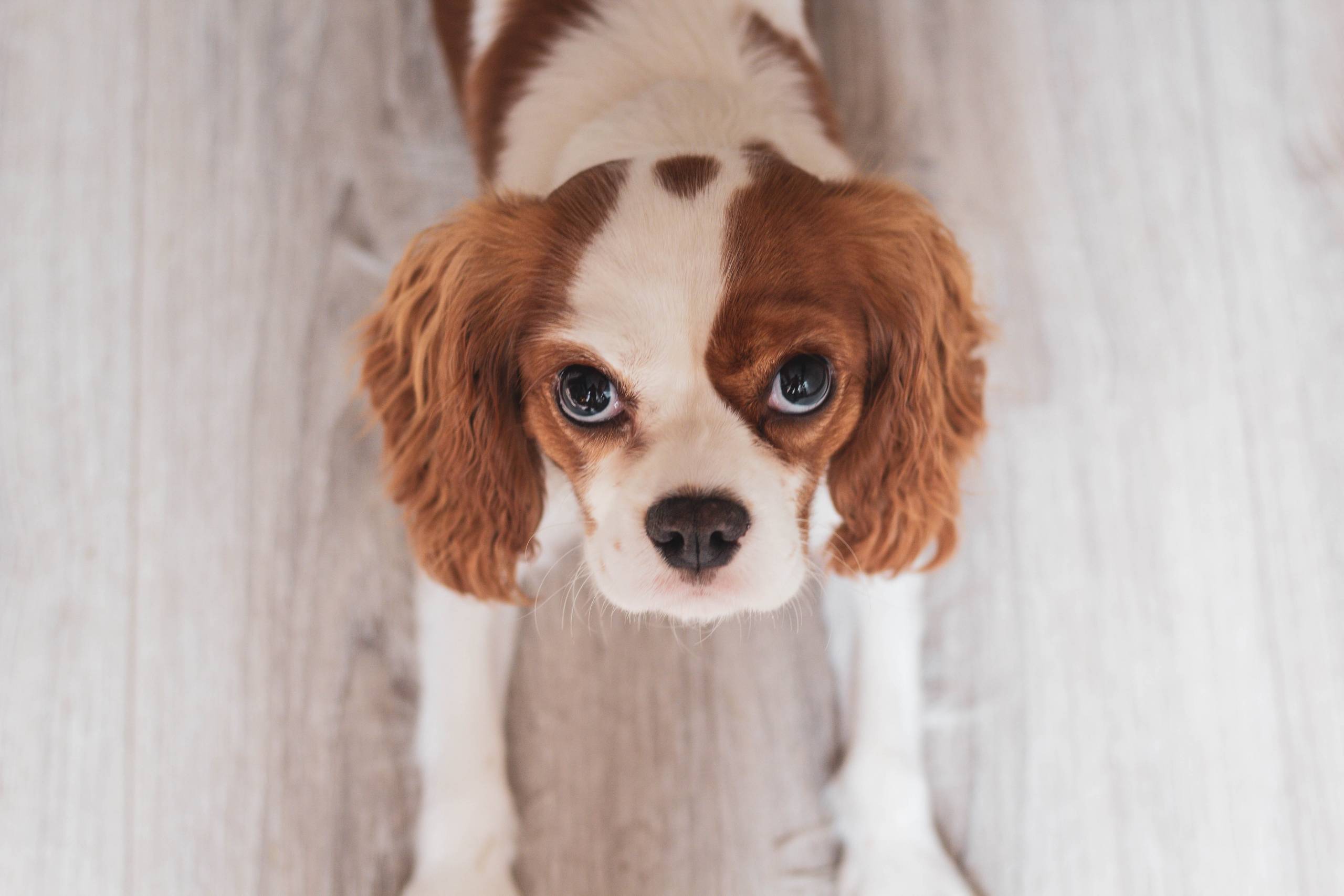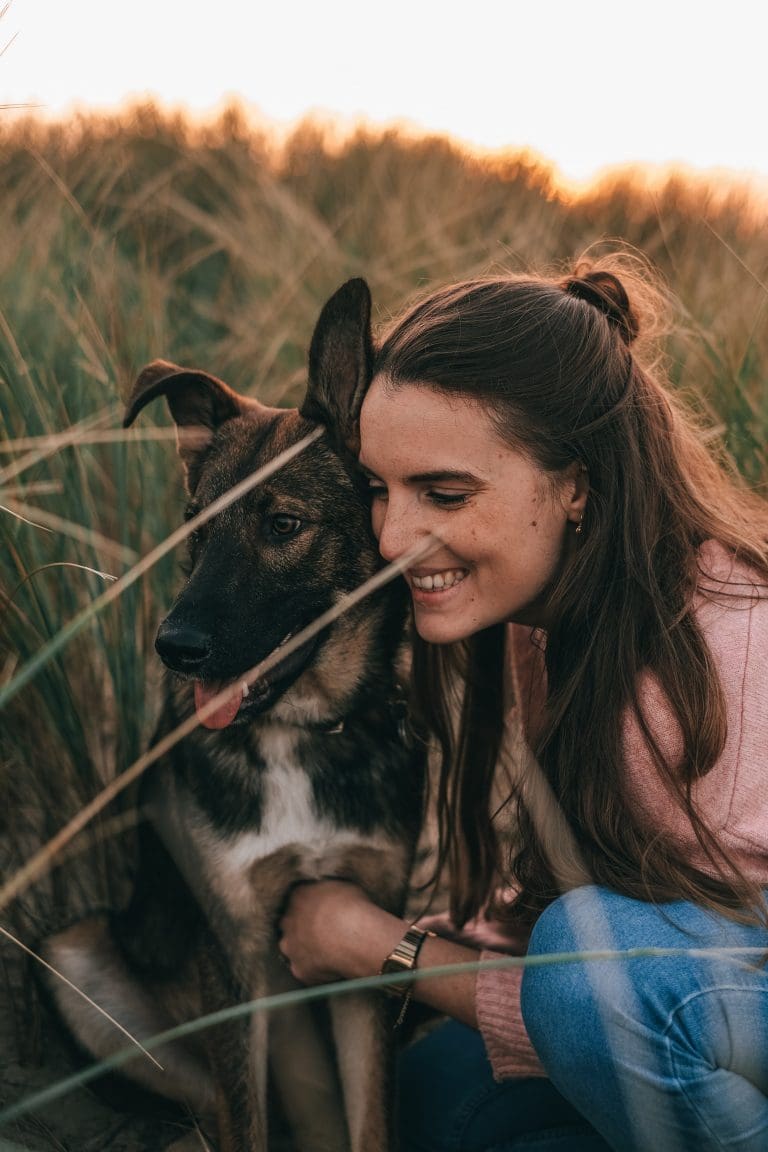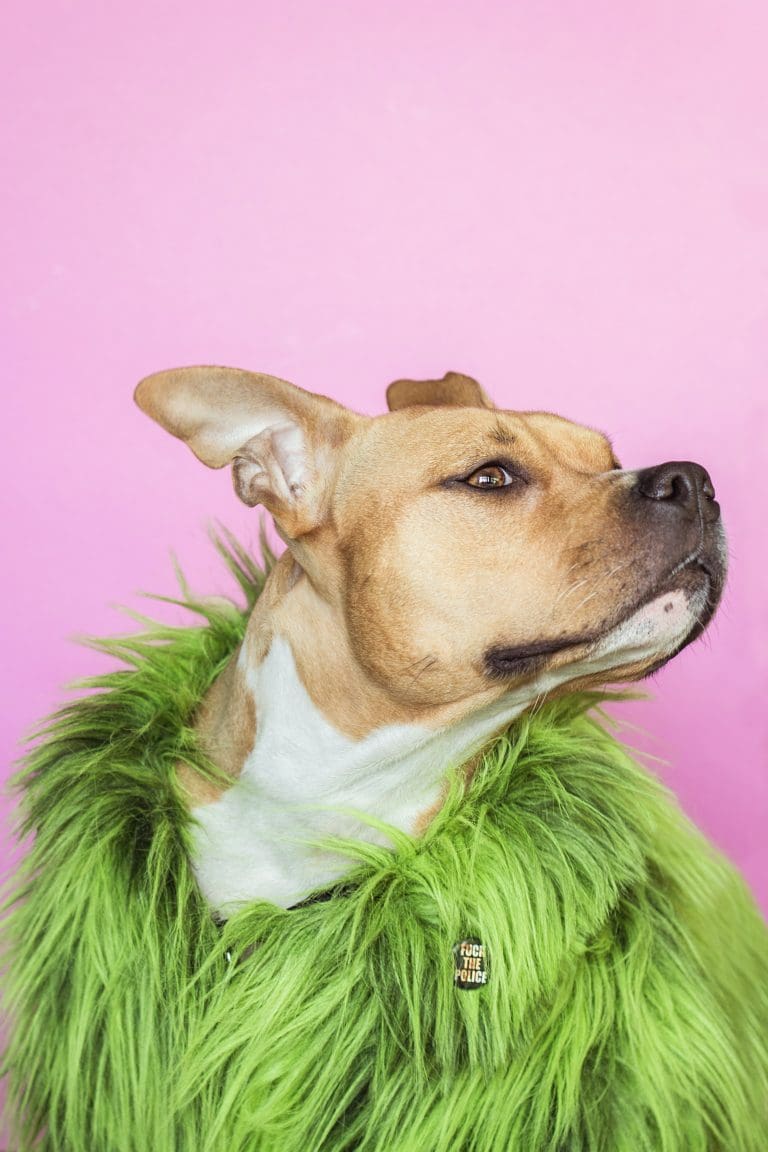What To Feed A Dog With Giardia?
Post Date:
December 10, 2024
(Date Last Modified: December 10, 2024)
Dealing with a dog infected with giardia can be challenging for any pet owner. Giardia is a microscopic parasite that infects the intestines of dogs, causing gastrointestinal issues such as diarrhea, vomiting, and weight loss. When your furry friend is diagnosed with giardia, deciding what to feed them becomes a priority. Proper nutrition is crucial for recovery and maintaining overall health during this difficult time.
Understanding Giardia’s Impact on Nutrition
Giardia disrupts the normal functioning of the digestive system, leading to inflammation and malabsorption of nutrients. A diet that is easy on the stomach while still delivering necessary nutrients is essential. Your dog may be feeling uncomfortable and weak, so the goal is to support their recovery with food that is gentle yet nourishing.
Consult Your Veterinarian
Before making any dietary changes, consulting your veterinarian is vital. They will provide tailored advice based on your dog’s specific needs and condition. In most cases, a bland diet is recommended to soothe your dog’s digestive system. This diet typically consists of easily digestible foods that are low in fat and high in carbohydrates, which helps reduce irritation in the gastrointestinal tract.
Bland Diet Options
Common ingredients in a bland diet for dogs with giardia include boiled chicken, rice, and pumpkin. Boiled chicken serves as an excellent source of lean protein, while rice offers easily digestible carbohydrates. Pumpkin is beneficial for digestion, providing fiber that can help firm up loose stools. When preparing this food, avoid added spices, oils, or seasonings to keep it simple during recovery.
Commercial Prescription Diets
Consider commercially available prescription diets as another option for feeding a dog with giardia. Many pet food companies offer specialized formulas designed for dogs with gastrointestinal issues. These foods are often enriched with easily digestible proteins and carbohydrates, along with prebiotics and probiotics that promote a healthy gut. If homemade diets do not suit your dog, consult your veterinarian for recommendations on commercial options.
Hydration Matters
Hydration plays a critical role in recovery. Dogs suffering from giardia often experience dehydration due to diarrhea, making it essential to ensure they have constant access to fresh water. In some cases, your vet may recommend electrolyte solutions designed for pets to help replenish lost fluids and minerals. If your dog is reluctant to drink water, offering ice cubes or adding a little low-sodium broth to their water can encourage hydration.
Monitoring Recovery
While your dog is recovering from giardia, closely monitor their condition. Keep an eye on their appetite, energy levels, and stool consistency. If your dog is not eating or if their symptoms worsen, contact your veterinarian immediately. They may need to adjust the treatment plan or investigate other underlying health issues.
Reintroducing Regular Food
As your dog begins to feel better, gradually reintroducing regular food is crucial. Start by mixing a small amount of their regular food with the bland diet. Over several days, slowly increase the proportion of regular food while decreasing the bland diet. This transition period is important to avoid overwhelming your dog’s recovering digestive system, so be patient, as some dogs may take longer to adjust than others.
Maintaining a Clean Environment
Consider the overall environment in which your dog lives. Giardia can be transmitted through contaminated water, food, or surfaces, so maintaining a clean living space is essential. Regularly clean your dog’s bedding, toys, and food bowls to help prevent reinfection. If your dog has access to outdoor areas where they may encounter contaminated feces, be diligent about monitoring their environment and keeping them away from potentially infected areas.
Preventing Future Infections
Preventing giardia infections in the first place is the best approach. Regular veterinary check-ups are vital for monitoring your dog’s health and catching potential issues early. Additionally, keeping your dog away from stagnant water and ensuring they are not exposed to feces from other animals can significantly reduce the risk of infection.
Feeding a dog with giardia requires careful consideration of their dietary needs. A bland diet consisting of boiled chicken, rice, and pumpkin can help soothe their digestive system while providing essential nutrients. Always consult your veterinarian for personalized advice and maintain a vigilant focus on hydration and monitoring your dog’s recovery. A clean environment and preventive measures will help keep your dog healthy and free from giardia in the future. By providing the right support and care, you can help your dog recover and return to their happy, playful self.





